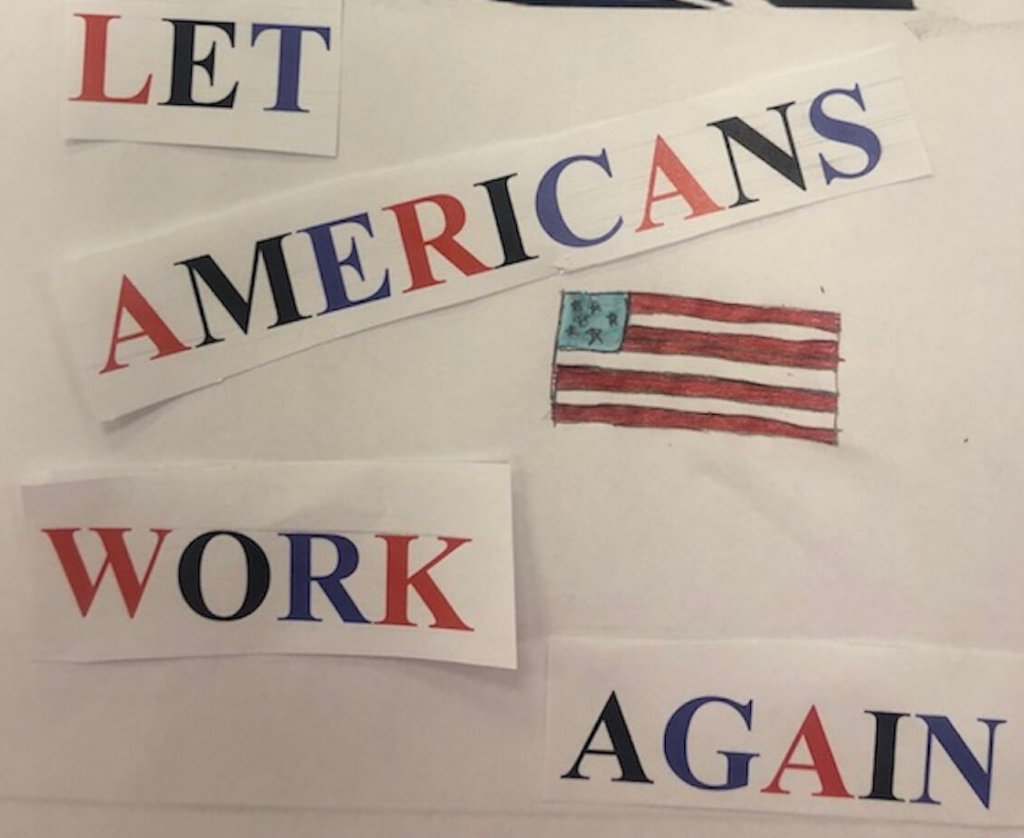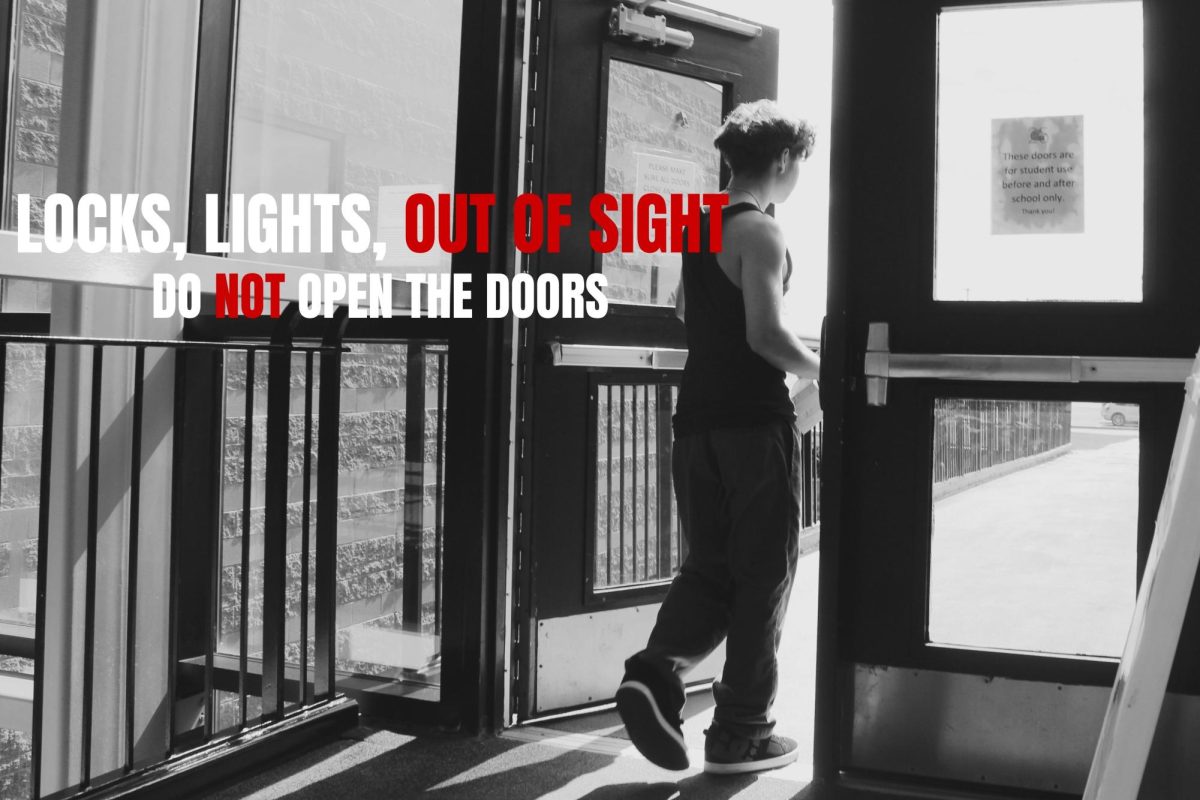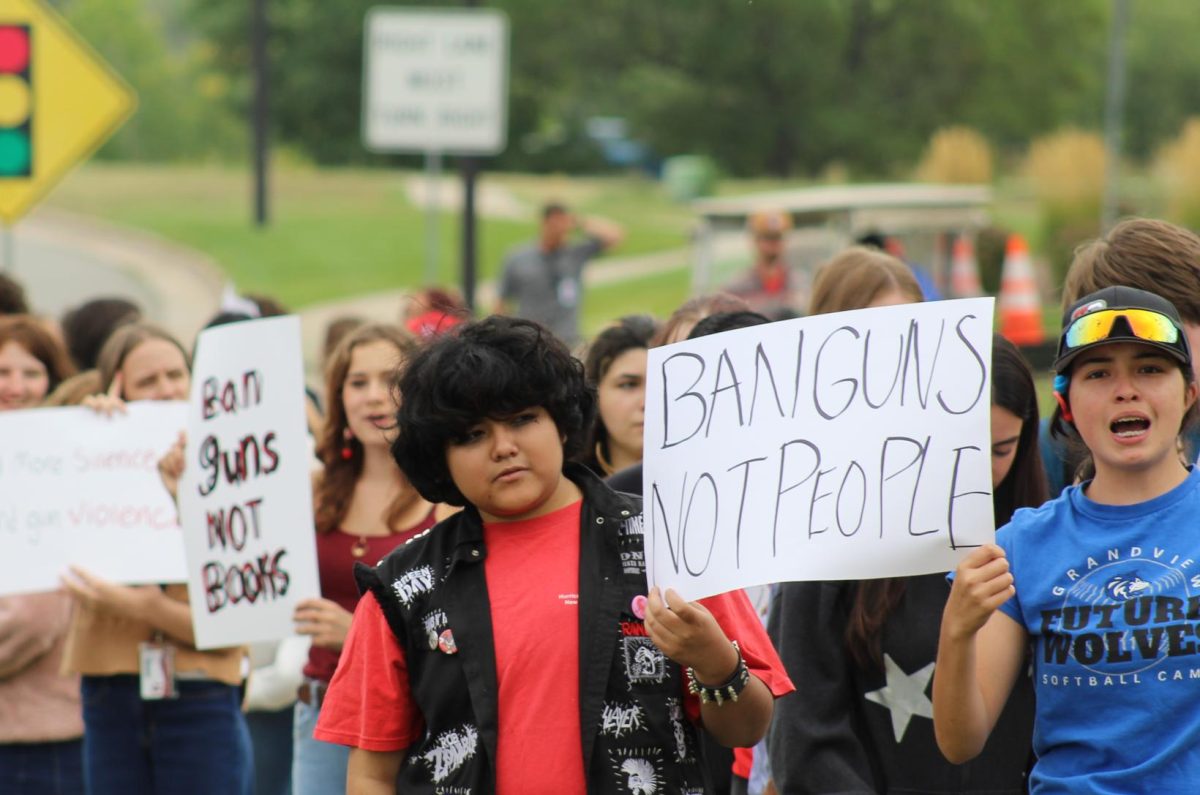The world was ending.
Or, at least the U.S government was.
The 2018-2019 shutdown of the U.S. government was the longest shut down in U.S. history.
On January 25, when the shutdown reached a peak of 35 days, the President and Congress reached an agreement that instead of giving President Trump $25 billion dollars, that they would take three weeks to reopen the government and make a play for better border security, or to come to a smaller budget for President Trump’s wall.
If an agreement cannot be reached by February 15, then the government will shut down again.
But what happens when the government shuts down?
When the U.S. government shuts down, the federal government is forced to shut down “non-essential services,” federal employees do not get paid, and the government loses money every week it is shut down, about, “$6.5 billion per week,” (With a U.S. Government Shutdown, There will be Blood, Beth Ann Bovino).
While the government was shut down for 35 days, the students of Grandview High School whose families worked under the government saw their lives crash.
A student here at Grandview, who preferred to stay anonymous, has been drastically affected by the shutdown.
Their connection to the government is through their father who works, “Airport Security at Denver International Airport.”
Thankfully, the family was able to support themselves.
Airports are counted under government funding as a federal service, which means that during the shut down their dad was not paid, but still had to work.
“My life hasn’t changed too drastically as my family is stable enough to support ourselves for a certain period of time,” they said.
Along with not being paid, the shut down also affected their outlook on the government and politics.
“It gave me a new perspective on politics and how we discuss them in class now that I can personally relate to them,” they said. “Especially knowing how reliant society has become on the federal government.”
With a new outlook on politics, they gave their opinion on the shut down.
“No, [the government] doesn’t [have a good reason to shut down]. I understand that not agreeing where to put funding is why it shut down, but I don’t think that is a legitimate reason,” said the source. “I personally think that it is very unnecessary and that the drama with Trump’s wall and government funding did not need to drastically affect the lives of those who work so hard like my dad.”
The shut down was hard for their family all together, but on their dad, the stress seemed to eat away at him.
“I think [the shut down is scary] because my dad feels it is solely his problem. It hasn’t been an important topic through my family, but we are all worried about his mental state which he seems to have shown a great deal of stress,” the source said.
Now that the government has gone back to normal, at least for three weeks, the stress on their father’s shoulders has seemed to disperse a bit.
“It is relieving to know that my dad is getting paid.”
With the government normalizing for a short period, so can their life, but they do not think things will ever return fully.
“Until that normal moment comes, my dad will constantly be dealing with the stress that it has caused.”







![A Vest Won’t Protect You [OPINION]](https://ghschronicle.com/wp-content/uploads/2025/09/KoltonZuckerVestPosterOffWhite.png)













